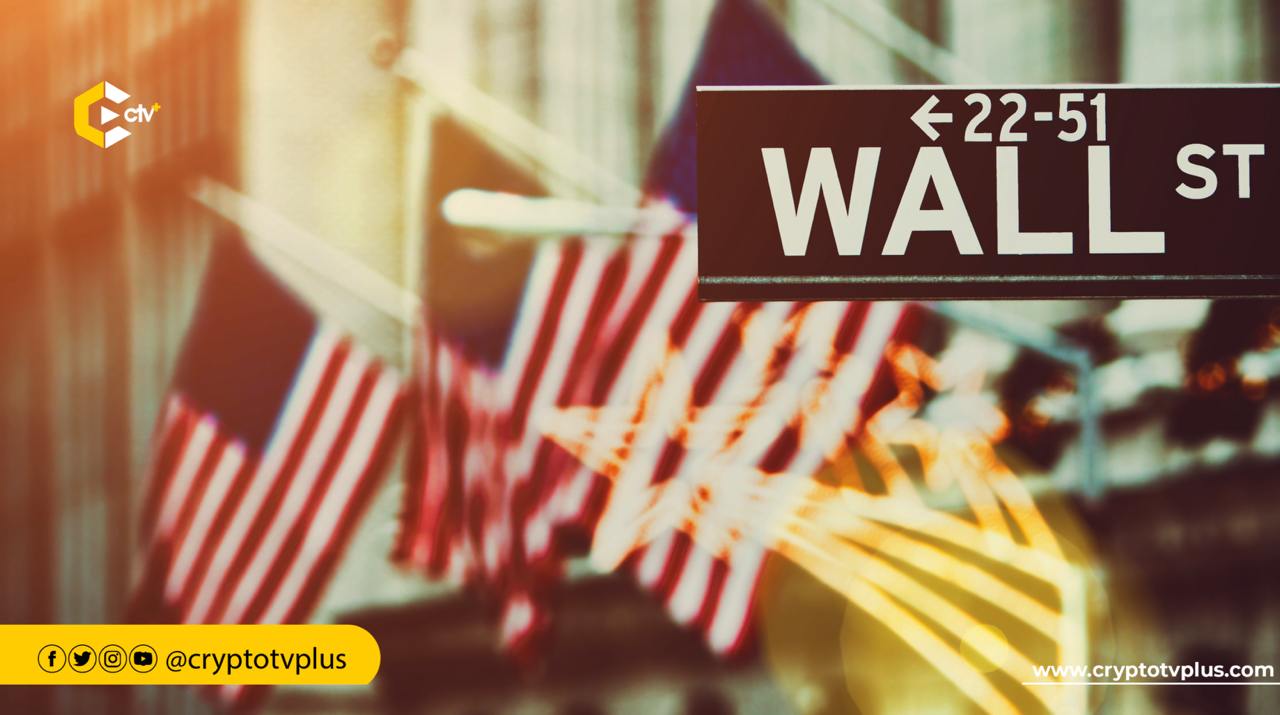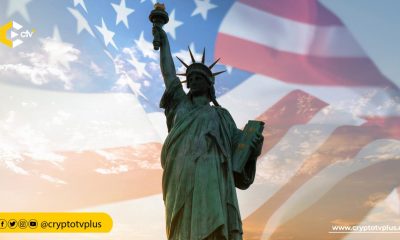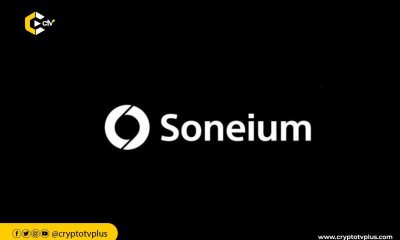News
Can Blockchain Transform Wall Street? Industry Leaders Weigh In

Wall Street, known as the headquarters of many investment banks, government, and other financial institutions like the New York Stock Exchange (NYSE), is a major part of the global financial market. The U.S. stock market, largely controlled by Wall Street, is worth over $50 trillion, making it one of the world’s biggest and most powerful financial markets.
With a long history of global impact starting in the late 1700s, many people wonder about Wall Street’s future in a time of fast technological changes, especially with the rise of blockchain technology in finance.
This formed the basis for a debate held at the Breakpoint 2024 event by Solana where Christopher Jensen, Director of Digital Asset Research, Franklin Templeton, and Anthony Scaramucci, founder and managing partner Skybridge argued about the relevance of blockchain technology to firms on Wall Street.
Christopher Jensen argued that blockchain isn’t meant to replace the current financial system but to improve it. He believes it can fix inefficiencies, cut costs, and create new financial products. Jensen stressed that blockchain can remove middlemen, making transactions faster and cheaper.
For example, Franklin Templeton used blockchain to remove an off-chain transfer agent, saving a lot of money. Jensen also said on-chain transferability is key to the success of tokenized funds because it helps assets move quickly and securely.
On the other hand, Anthony Scaramucci was initially skeptical, saying the current financial system has worked well for over 90 years and doesn’t need big changes. He mentioned protections like the Securities Investor Protection Corporation, which helps keep transactions safe.
But as the discussion went on, Scaramucci acknowledged the benefits of tokenization. He pointed out that tokenization could remove middlemen, lowering transaction costs. Scaramucci estimated that $7 trillion is spent globally on verifying transactions, and tokenization could reduce these costs by using a network where everyone trusts each other.
A fully tokenized world
Scaramucci also imagined a future where assets are fully tokenized, allowing for easy transactions. He gave an example where someone could own tokenized shares of Starbucks on their phone and use them to buy coffee directly from the store, possibly even benefiting from share repurchase programs. This vision shows how tokenization could make assets easier to trade, more efficient, and open to more people.
The debate also brought up challenges, like how to fix errors in a system where transactions can’t be changed. Scaramucci worried about this, but Jensen said experiments are ongoing to solve these problems.
He mentioned that both private blockchains and permissionless ones are being tested, and traditional institutions like the Depository Trust & Clearing Corporation (DTCC) are also exploring how blockchain can make things more efficient.
























